Making Space: Buntport Theater’s Blueprint for Artist-Led Theater
July 17, 2025
time
Min read time
.png)
Editor's Note on the "Making Space" series:
Whenever I think about our BSF Resident Storytellers taking on Space, I hear this internal whisper, Space is the place. I even tried to pitch it as a sort of branding phrase. Didn’t fly. The good news is our writers have been talking with local creatives about the nagging challenges of space and affordability in Denver. The better news is they’ve also been learning about the head and heart spaces created by mindfully built and shared places.
And yeah, about that phrase: It’s the title of a 1974 Afrofuturist film featuring the jazz musician Sun Ra and his Arkestra. There’s something poetic in that. For the future of the arts, its makers and partakers, spaces really are the places. — L. Kennedy.
On a weekday afternoon this spring, the building that’s home to Buntport Theater was alive with motion. Ensemble members were reassembling the set for “The Book Handlers,” a remount of its surreal 2018 play about office workers, while shouting jokes across the warehouse.
For a company best known for its zany, erudite comedies, like “The Death of Napoleon,” which imagines the former emperor refusing to get on his teeter-totter, or “Eyes Up, Mouth Agape,” a riotous send-up of the 2004 Dave Matthews Band Poopgate incident, it was a bit disorienting to sit down and talk seriously about space, scarcity and what it means to build something that lasted 25 years in a city that’s seen numerous other theater companies vanish.
Even though I was shown to a folding table — a fridge stocked with honor-system drinks and a cluster of chairs that normally serve as seating in the main theater nearby — it felt less like a business meeting and more like stepping into the communal living room of Denver’s most enduring theater collective.
“We were lucky to find the space when we did,” said Brian Colonna, one of the seven founding company members. “If we were an ensemble trying to find this space now, I think it would be out of our reach financially."
Back when Buntport started performing shows in the empty warehouse space on Lipan Street in 2001, the company didn’t know they were securing an uncommonly stable rental agreement. Gaining a home didn’t just give the group a place to build sets or store costumes—it afforded them room for deep collaboration necessary to stage strange, specific work that can’t be rushed.
“It allows us to create the kind of theater that we create, which does require some experimentation,” said company member Erin Rollman. “We don’t do things in a traditional manner; we know what we want, but until we’re really in the space, putting it up, nothing’s set in stone. It would be difficult to make our shows if we only had five days in a rented space.”
The ensemble first formed in Colorado Springs at Colorado College in 1998, where they trained as generalists in theater— acting, directing, designing and writing together—which laid the groundwork for their all-hands-on-deck approach. When Colonna, Hannah Duggan, Erik Edborg, Rollman, SamAnTha Schmitz, Matt Petraglia and Evan Weissman relocated to Denver from the Springs, they weren’t searching for a traditional theater space with a fixed stage.
“We wanted something malleable,” Rollman recalled. “A big, open area we could reshape with every show. We were negotiating a space on Colfax and Marion, but that landlord wanted a morality clause—no nudity. We didn’t want to be nude, but we weren’t going to tell others what they could or couldn’t do on stage, so that deal broke down.”
A real estate agent led them to a newly built warehouse near what would become the Santa Fe Arts District, then a mostly industrial area with few cultural landmarks. “It had high ceilings, no windows, which sounds depressing, but it’s great for theater,” Rollman said. They’ve been leasing there ever since, and maintain a strong relationship with their landlords.
Now, 24 years into their collective experiment in ensemble-led theater-making in Denver, Buntport has created more than 50 original plays and over 100 episodes of live, collaboratively created sitcoms like “Starship Troy” and “Magnets on the Fridge.” They won a Mayor’s Award for Excellence in Arts & Culture in 2010 and have long been a critical darling of Denver’s creative scene.
But alongside their accolades and inventive productions, one of Buntport’s most impactful contributions may be how they’ve used their building. “We’ve opened up our space to other artists since the very beginning,” Rollman said. “We knew other people didn’t have space, so when we weren’t producing work, we wanted other people to be in the space.”
Over the years, they've hosted everything from art installations to comedy shows to experimental theater to workshops for DACA recipients to renew their paperwork to weddings. During the pandemic, when their programming slowed, they reduced rental rates from $250 per day to $50 per day.
“For a while, the space was free, but we had to charge a little bit to help cover our heating and cooling,” Rollman said. “It’s hard to be the people who throw up another barrier to somebody producing work. We joke, although it’s a true statement, we aren’t very good business people.”
“We are bad capitalists but okay business people,” Schmitz clarified.
“It’s been here for 25 years, so I guess the proof is in the pudding,” Rollman said. “But we’ve always said we don’t define success in the traditional American way, where it’s always up, up, up—we think plateauing is cool. We’re comfortable doing the work we love and making room for others to do the same.”
For small companies and solo artists used to hearing that other venues cost upwards of $300 a night, Buntport’s affordability can be a game-changer.
“While everything else has gotten more expensive in Denver, Buntport has stayed affordable,” said Ron S. Doyle, co-host of The Narrators. The live storytelling show, which loosely centers on a new theme every month, has been performing monthly at Buntport since 2014.
“There’s a huge need for more accessible venues in Denver like Buntport,” said Julie Rada of Grapefruit Lab, a local multimedia performance group that frequently stages its shows in the venue. “The team is great about working with artists with limited resources.”
What Buntport has maintained creatively is exceedingly rare. When Petraglia and Weissman left the company, The group chose not to replace them—partly out of practicality, as it allowed the current ensemble to stop working full time outside the company, partly out of creative cohesion.
“It would be hard for someone to join now,” Schmitz said. “We’ve worked together for so long, we have our own language.”
That intimacy, though artistically potent, can present hurdles. “Buntport is a company that’s been around for a long time, making incredibly innovative work that’s better than 90% of theaters in this town” said Regan Linton, a theater artist who uses a wheelchair and worked with the group on “The Menagerist.” But, “working with the ensemble was a really rewarding experience, but figuring out the best way to collaborate took some time.”
Post-pandemic, Buntport’s efforts to open space to others have only intensified. “A way to address diversity is to stay out of artists’ way and let them have space to have their voices heard,” Colonna said. “Our ensemble works with others, but we aren’t casting people.”
These days, Buntport is operating near capacity. Most weekends are booked, and cancellations are rare. “We are pretty booked up, which is the sad part,” Rollman said. “We have a list of people who, if there are any cancellations, want to make stuff.”
That demand is both validating and daunting, especially given the group’s limited capacity to grow as renters in the space. Their rental calendar is a balancing act between their own shows and guest productions.
And while they’ve made their warehouse feel like a permanent home, the reality is more fragile: they’re still renters. Despite a strong relationship with their landlords, a change in ownership or circumstance could upend everything, forcing the company back into the kind of nomadic model they started with more than two decades ago. It’s a possibility they’ve begun to consider seriously.
“Our ability to build in the space and make shows is a pillar of our working style, but it’s not a luxury that a lot of others have,” Colonna said. “If we didn’t have this space—it’s kind of bleak to think about. We’d try to give it a go, but it would be a major difference. Other people have scaled for that in the way they approached their process, but it would be difficult for us at this point in our careers to make a change like that.”
Look for the yellow "Making Space" tag to find other articles exploring space and affordability in Denver!
Toni Tresca
Toni Tresca is a Colorado-based arts reporter originally from Mineola, Texas, who writes about the evolving world of theater and culture—with a focus on the financial realities of making art, emerging forms, and leadership in the arts. He’s the Managing Editor of Bucket List Community Cafe, a contributor to Boulder Weekly, Denver Westword, and co-host of the OnStage Colorado Podcast and Such a Nightmare: Conversations about Horror. Currently pursuing an MBA and MA in Theatre & Performance Studies at CU Boulder, Toni brings both business insight and artistic depth to his reporting. We are happy to welcome him as our newest resident storyteller.

.png)


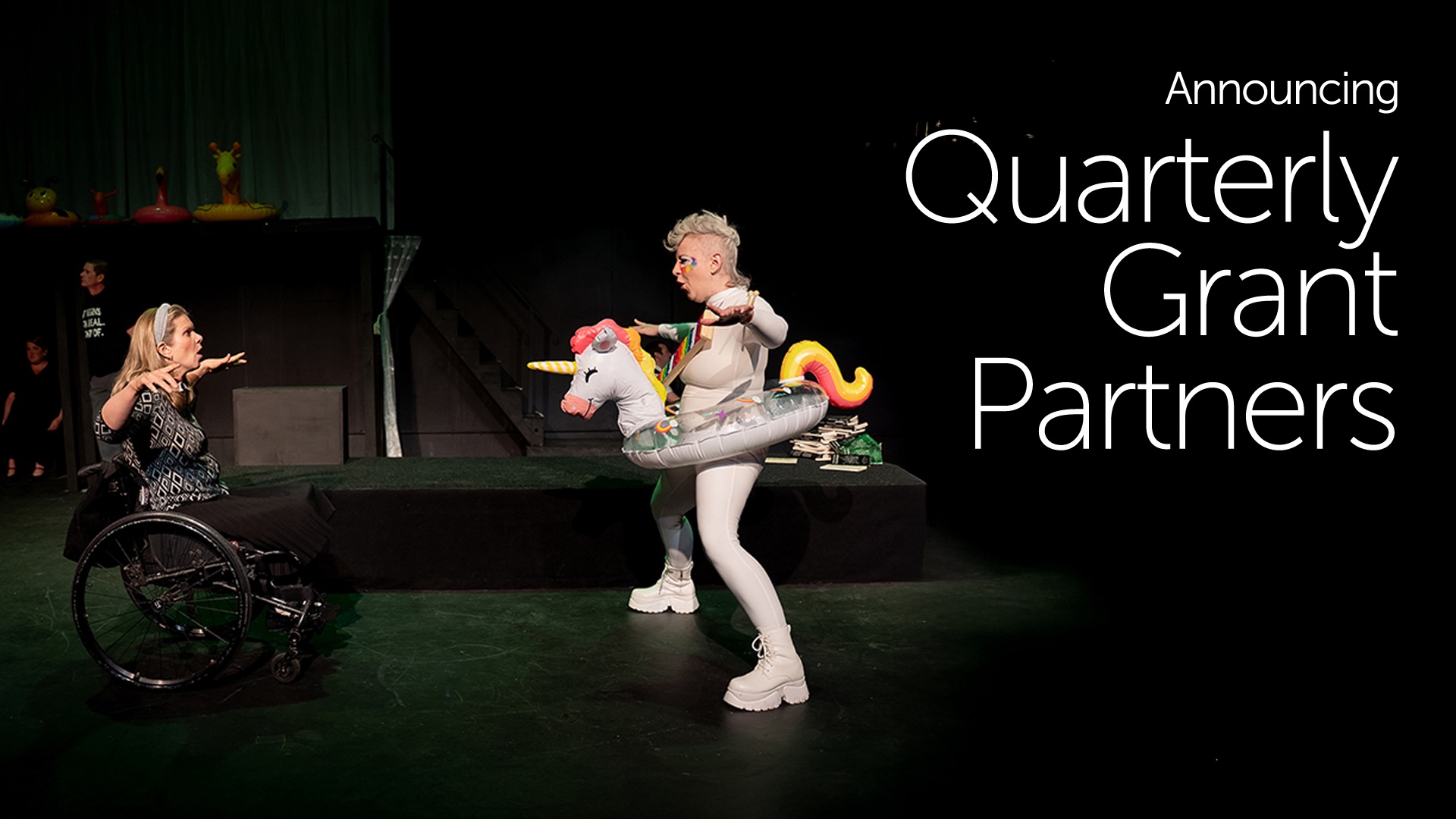

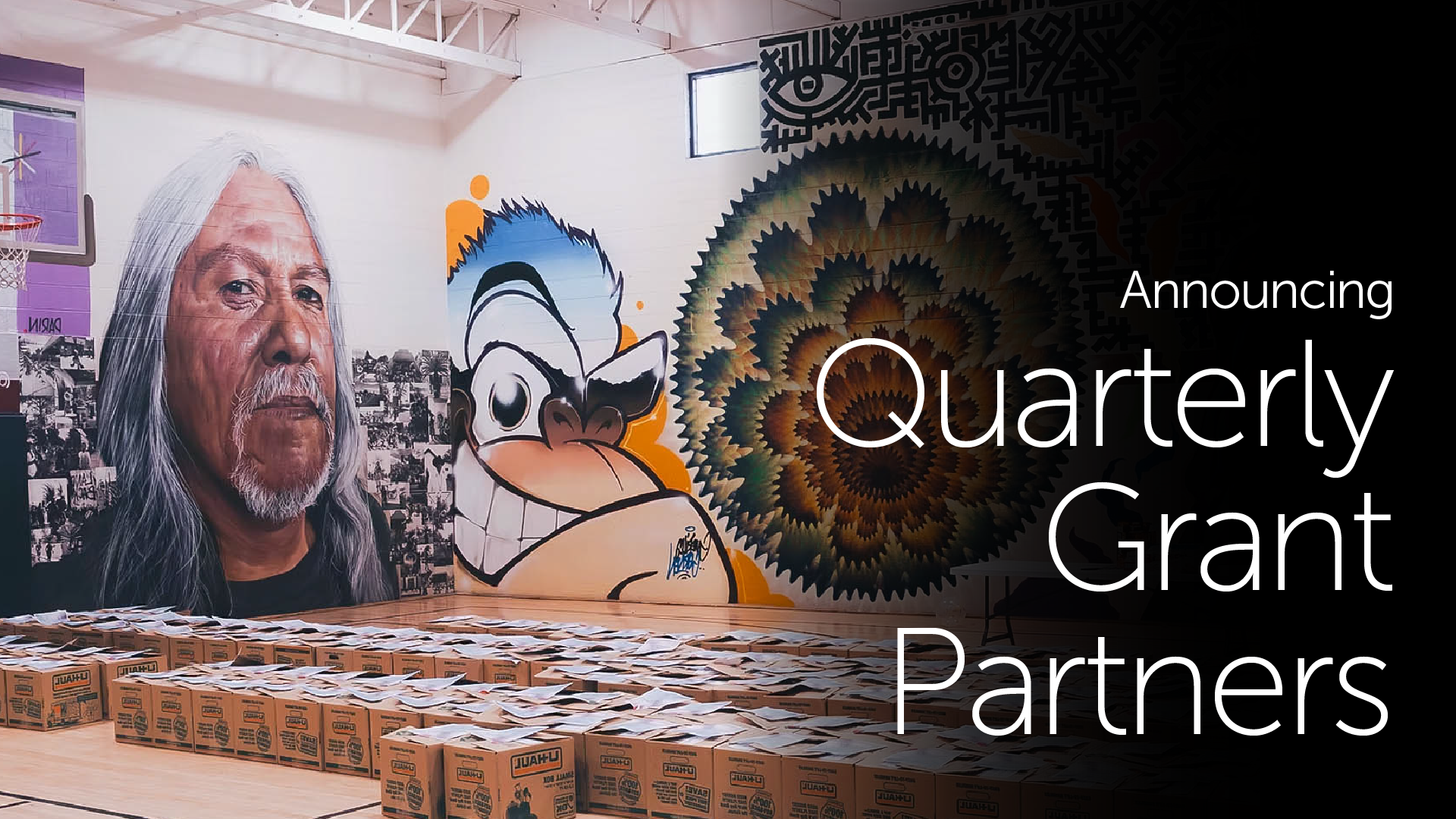

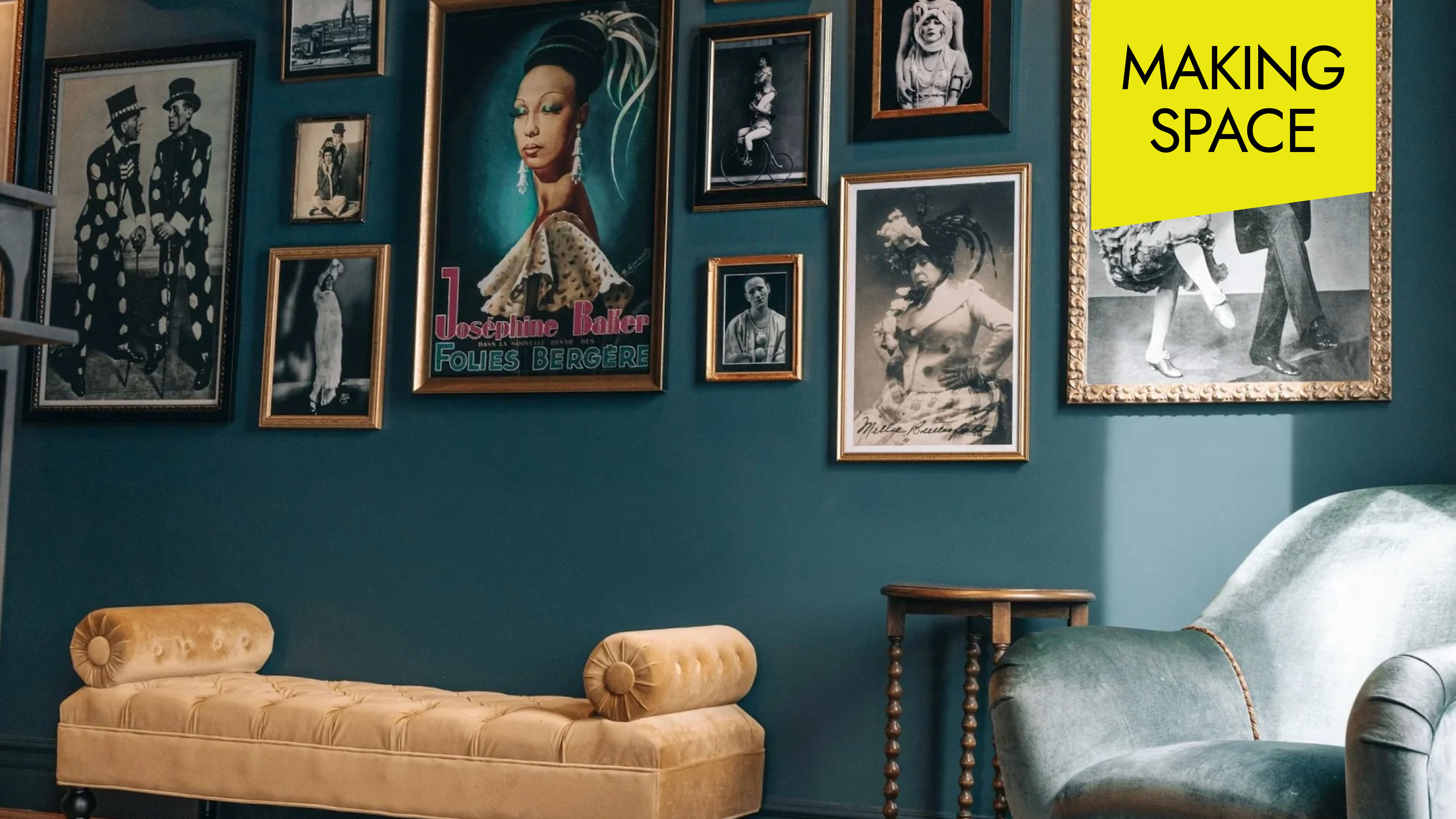
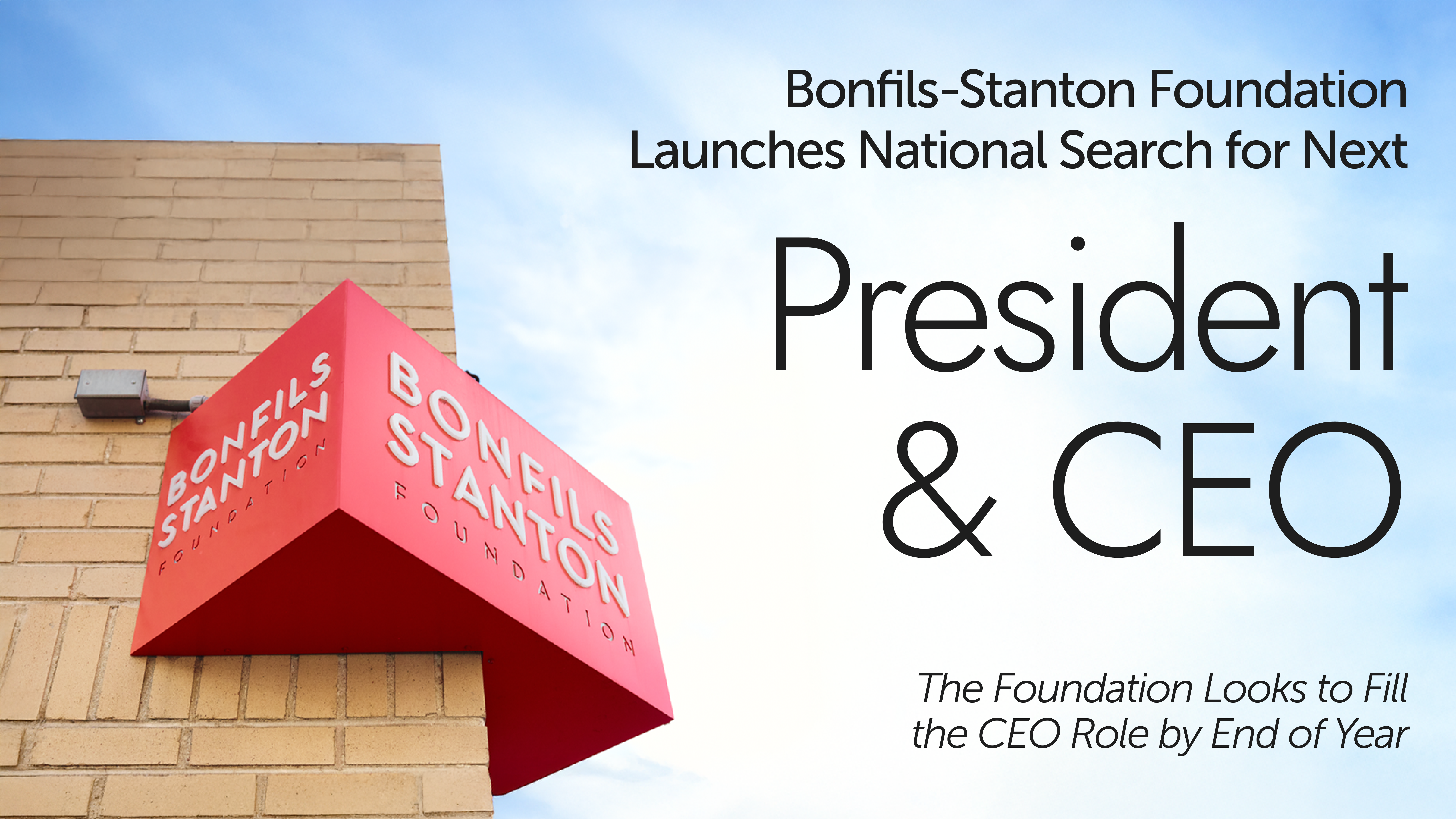

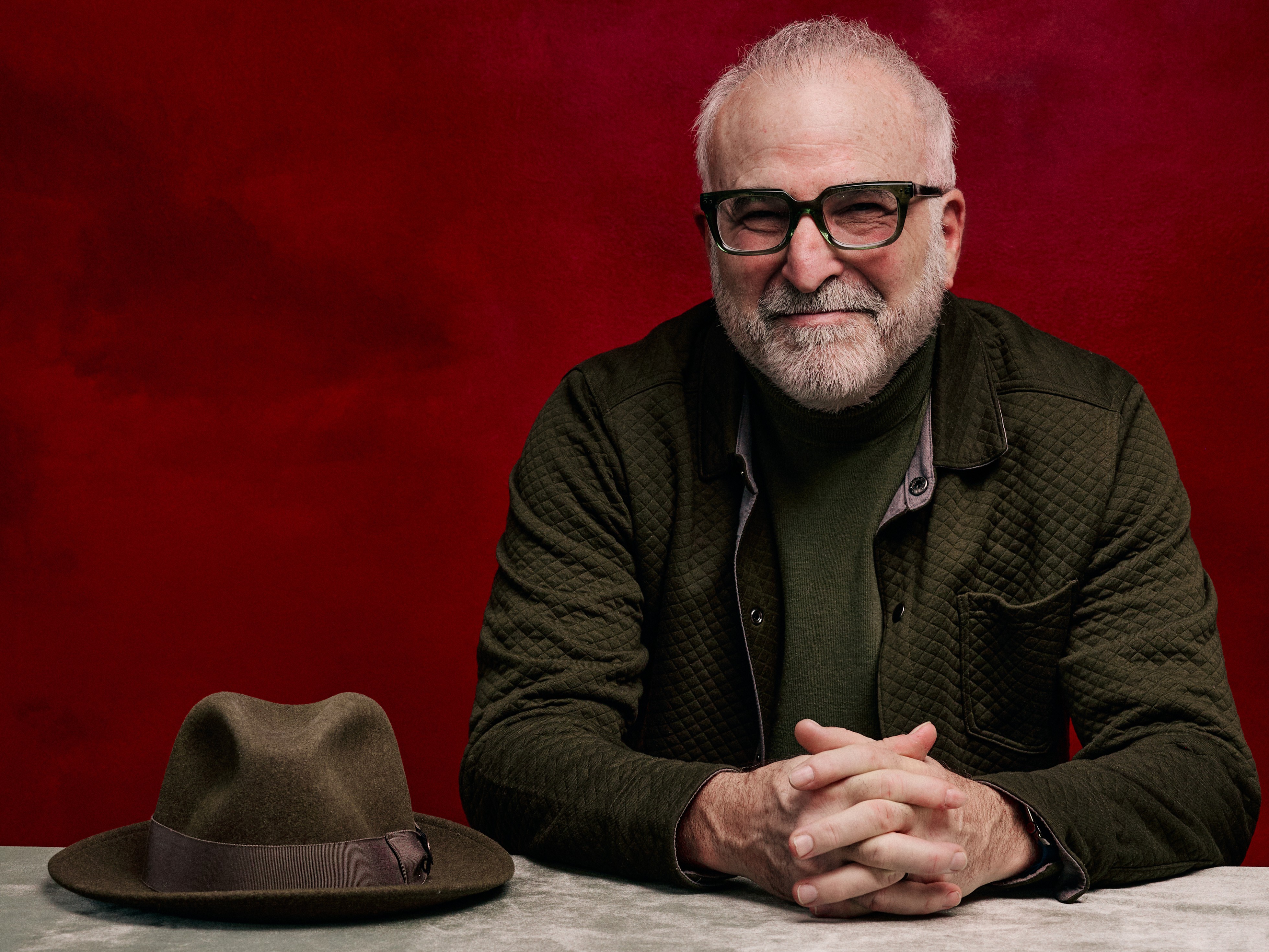

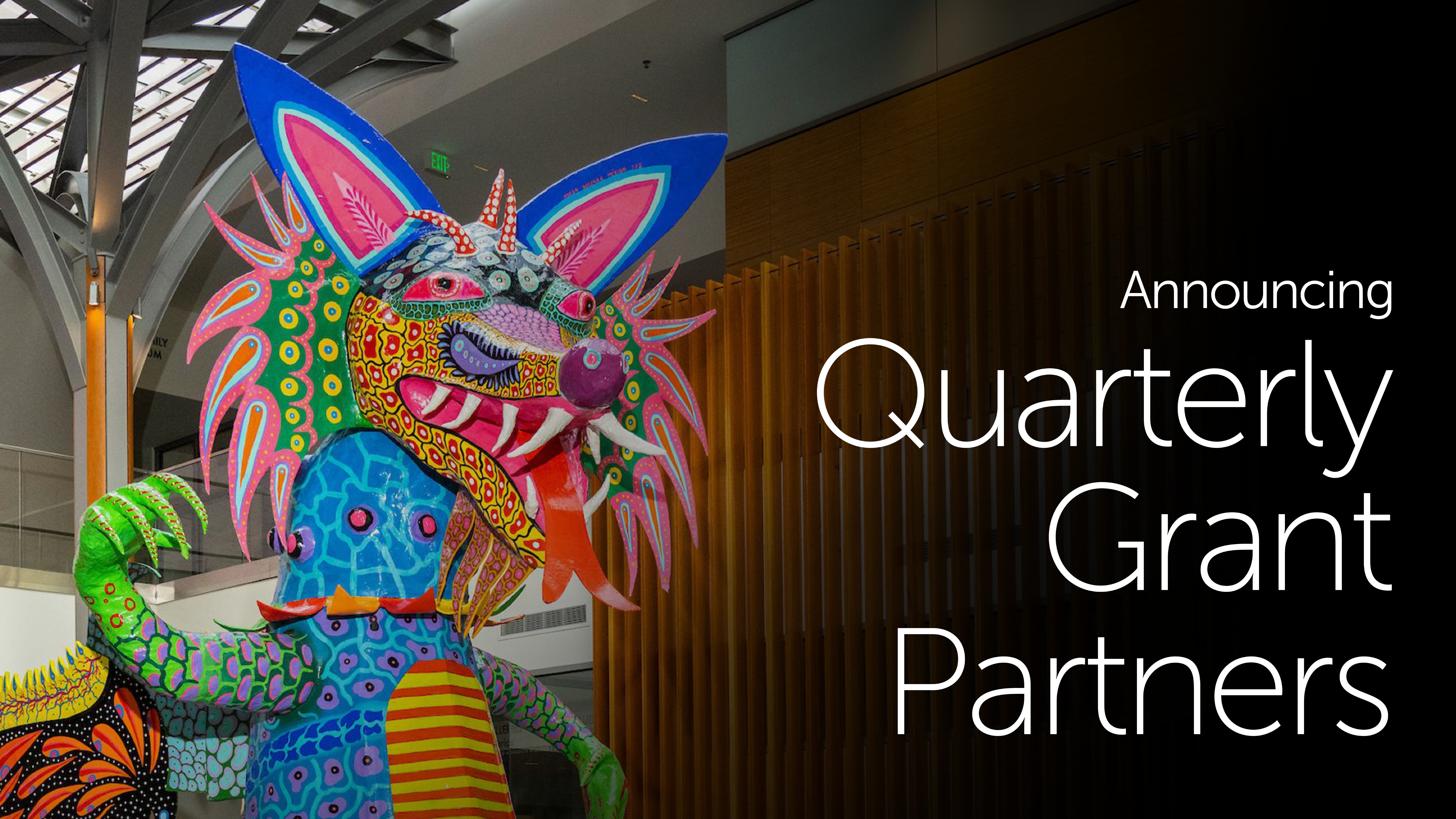
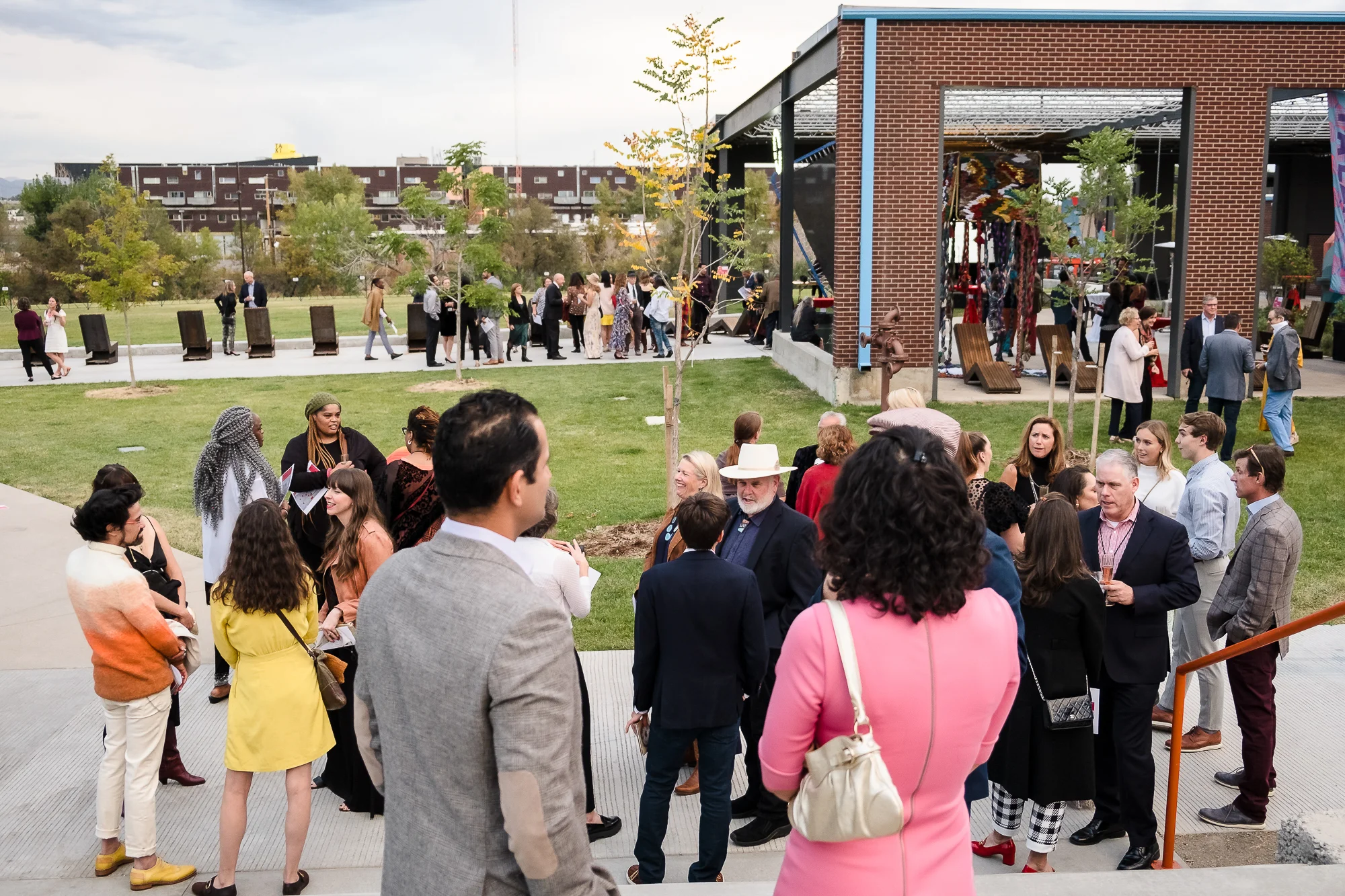








.png)











.jpg)
.png)








